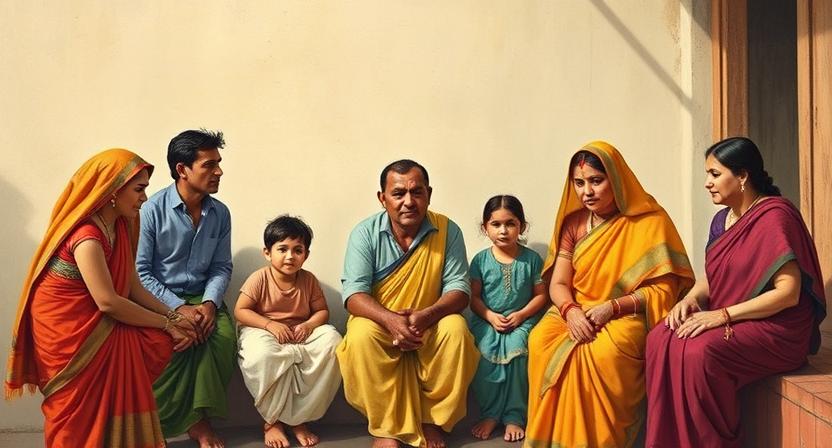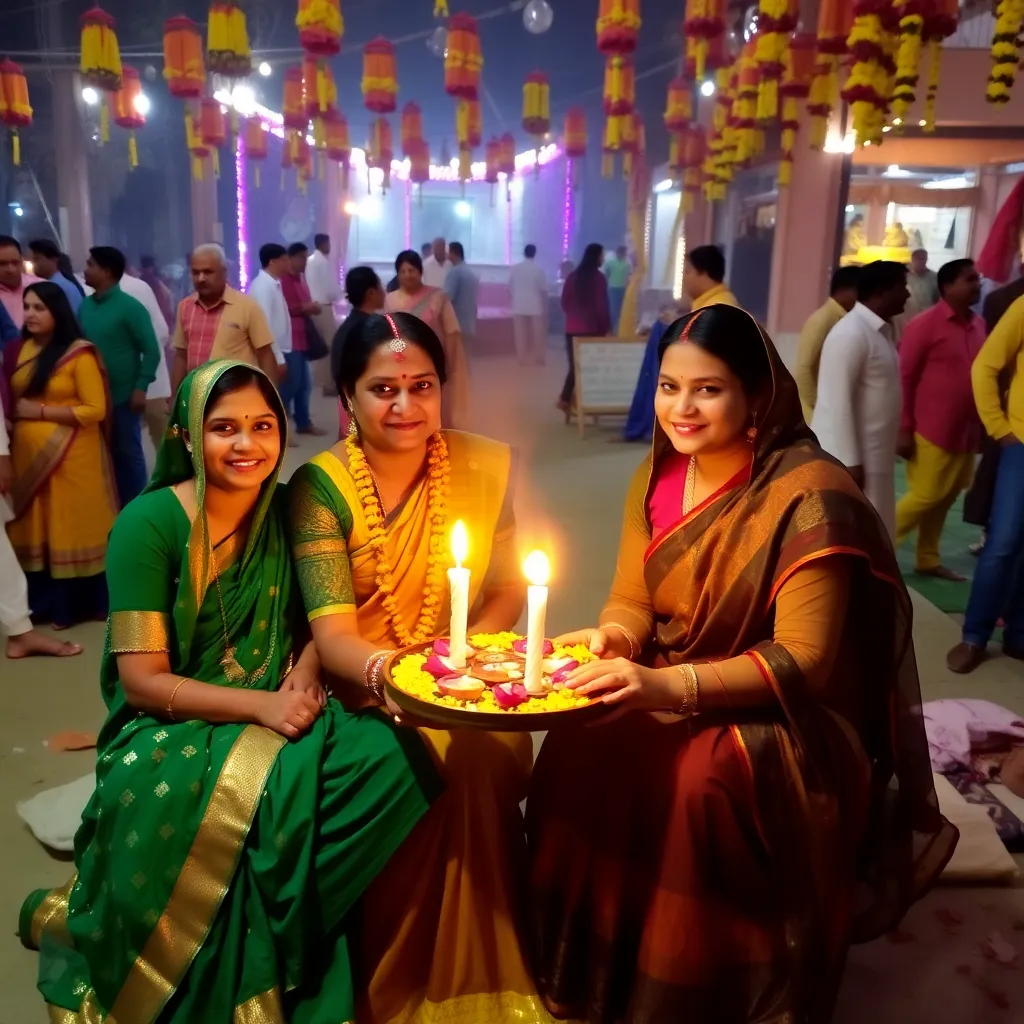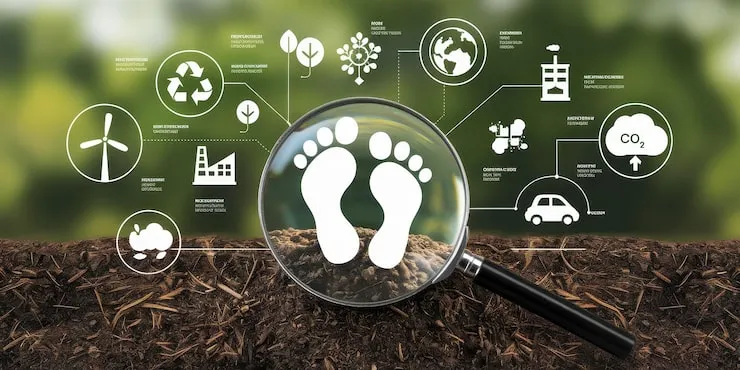Growing up in India greatly shaped my view of family and society. From learning about our intricate social norms to attending vibrant festivals with my grandparents, I have seen first how Indian family structures operate. Today, I wish to share these ideas with you!
Indian Social Structure and Family System: A Personal Journey
India is a lovely blend of customs, languages, and history not only a nation. Indian families and culture operate in a unique style that differs from many other countries. I have witnessed how people respect their elderly and how families remain close even when geographically apart. Based on my expertise and experience, allow me to guide you through the exciting realm of Indian social structure and family system.
Read also: Emerging Indian Social Networking Sites
The Foundation of Indian Social Structure and Family System
Deep historical origins define the Indian social system. Indian civilisation has followed certain patterns for thousands of years that still shape how individuals live now. Indian households are typically "joint families," meaning multiple generations share one roof. Growing up, I shared a home with my parents, grandparents, uncles, aunts, and cousins. We shared daily life, festivities, and meals. This made me feel really supported and at home. Many Indian households have elders in unique roles. They exchange knowledge with younger relatives and help to shape significant choices. Sitting with my grandfather as he shared tales about our family past and imparted great life lessons to me stands out in memory.
Types of Family Systems in India
Indian families come in different forms:
- Joint Family System: This is the norm in which several generations coexist. One house and resources are shared by grandparents, parents, children, uncles, aunts, and cousins. Usually, the oldest male relative runs the home.
- Nuclear Family System: This is becoming more common in cities. It includes just parents and their children living separately from extended family members.
- Extended Family System: Family members in this method might reside in different homes yet stay very near to one another and keep actively involved in one another's life.
My own experience was a mix of these systems. Until I was twelve, we lived in a joint family; then my parents relocated to a next to separate home. But we still saw our extended family almost every day!
Religion and Its Impact on Indian Society
Indian social life is heavily impacted by religion. India's varied religions include Hinduism, Islam, Christianity, Sikhism, Buddhism, Jainism, and many others. Every faith affects family dynamics and the ideals they cherish. Holidays like Diwali and Holi were marked by my Hinduism doing family. These events united everyone and reinforced our familial connections. While my Christian friends marked Christmas with unique family get-togethers, my Muslim friends had their own lovely customs around Eid.
Religious Practices in Family Life
Religious beliefs guide many daily activities in Indian families:
- Morning prayers: Many families begin their day with prayer rituals
- Meal customs: Some families offer food to God before eating
- Festival celebrations: Religious festivals are big family events
- Life milestone ceremonies: Religious rituals accompany births, weddings, and burials.
I recall my grandma start every day with prayers and gentle singing as the morning sun poured through the windows. These little practices gave our family life a calm rhythm.
The Caste System and Social Stratification in India
The caste system is among the more difficult features of Indian society. This ancient system divided people into different social groups based on their birth. While officially abolished, its effects can still be seen in some parts of society.
The traditional four main castes are:
- Brahmins—scholars and priests
- Kshatriyas (rulers and warriors)
- Vaishyas (farmers and traders)
- Shudras (service providers and workers)
A fifth group known as "Dalits" endured important prejudice. Many big cities have gone beyond these limits and India's constitution now prohibits discrimination based caste. Still, in some rural areas and in marriage arrangements, caste can sometimes influence decisions.
Modern Changes in Social Structure
India is changing quickly! Many old traditions are being questioned, especially by young people. Some positive changes I've noticed include:
- More equality between men and women
- Less focus on caste in urban areas
- More personal choice in marriage and careers
- Changing roles within families
My cousin has launched her own IT firm—something very rare for a woman in my grandmother's generation. Times are definitely changing!
Role of Elders in Indian Families
Elders are valued in Indian households. They advise crucial family choices, assist in parenting, and transmit down customs. This is somewhat different from several Western societies where elderly individuals at times live apart from their family.
Respect and Care for the Elderly
Caring for ageing parents is viewed in many Indian households as both a duty and a luxury. The entire family looked after my grandfather when he got sick. We never thought to send him to a nursing home.
Elders give families:
- Wisdom and guidance
- Help with childcare
- Connection to cultural roots
- Emotional stability during hard times
- Knowledge of family traditions and recipes
My grandparents taught me so much—from tales of our forebears to ancient culinary methods. These connections across generations make Indian families special.
Marriage and Family Formation
A key component of Indian society is marriage. Traditionally, families who carefully weighed elements like planned marriages.
- Family background
- Education level
- Social status
- Religion and caste
- Character and values
Though they met and spoke first, my parents' marriage was planned. For more than thirty years, they have been joyfully married! Today, more young people are choosing their own partners, but family approval is still important to most.
Wedding Celebrations
Famous for being vibrant, happy festivities that might last many days, Indian weddings They unite extended families and enhance communal ties. My cousin's wedding last year had over 500 guests and celebrations that lasted a full week!
Gender Roles in Indian Society
Gender roles have been changing in India, especially in cities. Traditionally:
- Men were the main earners and decision-makers
- Women managed the home and children
- Boys and girls were brought up with varying expectations.
Many women today work outside the house and split savings with their spouses. In my own household, both my parents were employed; my father led to cleaning and cooking—a rarity in my grandfather's period.
Women's Changing Status
Women in India are making great progress in:
- Education
- Professional careers
- Political participation
- Financial independence
The first woman in her family to get a college degree was my mother. My sister is now a doctor—evidence of how fast generations change can occur.
Read also: Exploring the New Adobe Photoshop App for iPhone
Urban vs. Rural Family Systems
Family life in Indian cities differs from rural areas:
Urban families often:
- Are smaller (nuclear families)
- Have working parents
- Face time pressures
- Blend traditional and modern values
Rural families typically:
- Are larger (joint families)
- Follow more traditional practices
- Have stronger community connections
- Maintain older customs and celebrations
Though I spent summers in my parents' hamlet, I grew up in a mid-sized city. The contrast was amazing: in the hamlet, everyone knew one another, doors were seldom shut, and daily life ran at a slower speed.
The Importance of Education in Indian Families
In Indian society, education is very prized. Many families go to great lengths to provide their kids a decent education. Growing up, my parents often said, "Education is the one thing nobody can take away from you." They urged me to work hard and spent a sizable amount of their income on my education.
Academic Pressure and Expectations
Indian students often face strong pressure to excel academically. Common career goals include:
- Engineering
- Medicine
- Technology
- Civil service
This focus on education has helped many Indians succeed globally, but it can also create stress for students. Finding balance is becoming more important in modern Indian families.
Festivals and Family Bonding
Indian festivals bring families together and strengthen social bonds. Some major celebrations include:
- Diwali: The lights festival
- Holi: The colour festival
- Eid: Celebrated by Muslim families
- Christmas: Noticed by Christian households
- Regional harvest festivities such as Pongal, Baisakhi, and Onam
Family members often journey great distances to be together during these occasions. I recall the thrill of cousins coming from all around for Diwali festivities at our grandparents' house.
Food and Family Gatherings
Food is central to Indian family life and celebrations. Cooking together builds up connections among family members; family recipes hand down over time. When I was just eight years old, my grandma showed me how to create unique holiday treats. These cooking times produced memories I will always value.
Challenges in Modern Indian Family Systems
Today's Indian families face new challenges:
- Balancing work and family life
- Geographic separation as members move for jobs
- Adapting traditions to modern lifestyles
- Changing expectations across generations
- Technology's impact on family communication
While our parents live in India, my brother works in the United States. Though not the same as living close, they remain linked by video calls. Many families find fresh methods to keep near ties despite distance.
Preserving Traditions While Embracing Change
Many Indian families struggle to strike a balance between respecting customs and welcoming fresh concepts. In my own family, we have preserved significant rites while changing others to suit modern life. We still observe traditional holidays, for instance, but simplified certain complex preparations to suit hectic schedules. We have discovered methods to maintain the importance even as customs get more sensible.
Conclusion: The Evolving Nature of Indian Social Structure
While preserving its basic qualities, the Indian social structure and family system is changing. Even when society evolves, the focus on family ties, respect for elders, and love for customs provide stability. Indian families are unique because they may change yet maintain strong cultural ties. Having lived through typical and modern sides of Indian family life, I feel this balance would help to preserve these lovely customs. Indian families instill essential values: honouring elders, helping one another, celebrating together, and preserving generations and cross-distance ties. These teachings have changed my life and still inspire families all throughout India now.













